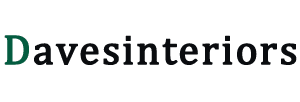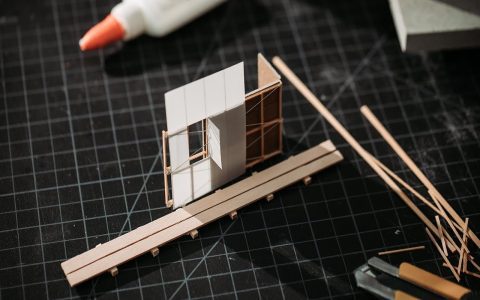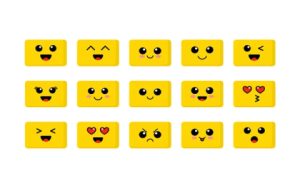Choosing the right architectural model making class requires evaluating program focus, structure, and cost. Here's a concise comparison framework:
University & College Programs
Focus: Comprehensive, often part of */* degrees. Blend conceptual development, technical craft, and digital/physical integration.
Structure: Semester-long courses (12-16 weeks). Focus on iterative design process, critique culture.
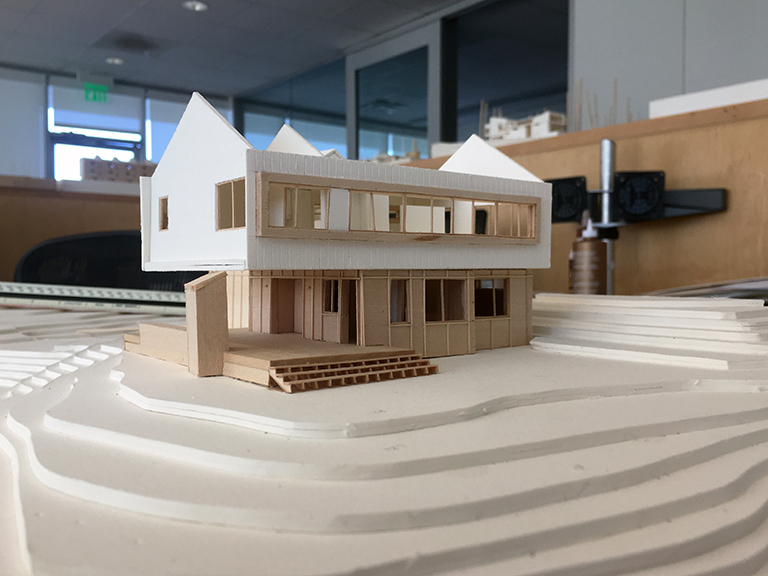
Pricing: Tuition-based. Cost integrated into overall degree fees ($500-$2500+ per course credit unit). Materials often additional ($200-$800+/semester).
Specialized Workshops (Private Institutions)
Focus: Targeted skills (e.g., advanced laser cutting, complex topography, casting). Led by practicing professionals.
Structure: Intensive short-term formats (weekend workshops, 1-2 week intensives). High studio access.
Pricing: Flat fee structure. Range typically $300-$1500+ depending on duration, tech access (e.g., 3D printing fees), and instructor profile. Materials usually included or provided at cost.
Online Platforms
Focus: Foundational techniques, software integration (Rhino, SketchUp with physical output). Flexibility paramount.
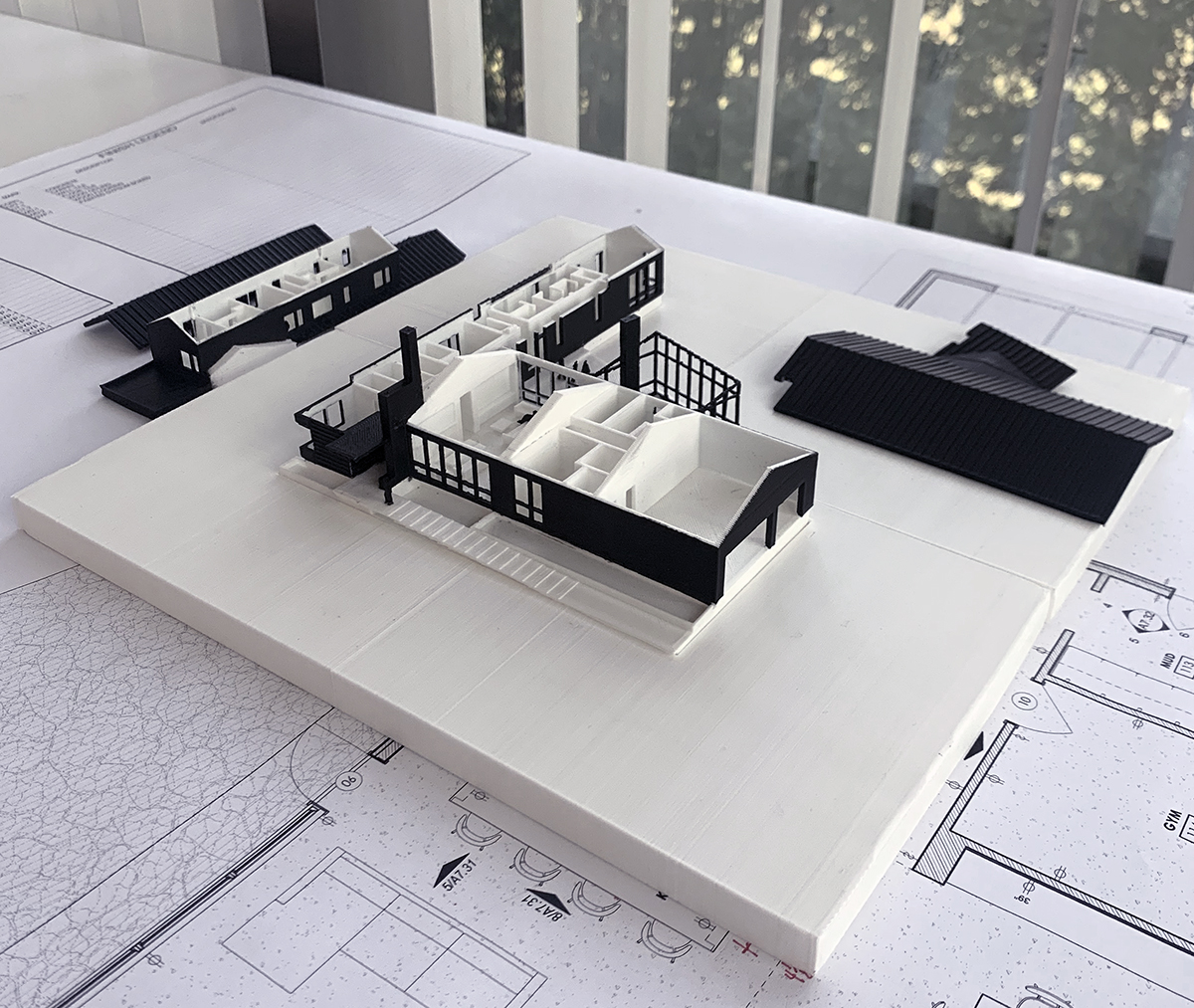
Structure: Self-paced modules or live sessions (weeks to months). Video tutorials, assignments, limited feedback.
Pricing: Subscription or one-time fee. Wide range: $50-$600. Significant additional material/tool costs ($100-$1000+ depending on home setup).
Key Cost Variables Beyond Tuition/Fees
- Materials: Cardboard, basswood, acrylic, adhesives, paints, 3D printing filament, casting resins. Costs scale with project complexity.
- Tools: Basic kits ($100-$300). Specialized tools (precision cutters, tabletop saws) add significant cost unless provided by institution.
- Machinery Access: Laser cutting/CNC milling often billed by material/time ($10-$50+/hr). Verify if access is included or pay-per-use.
Choosing Factors Checklist
- Skill Level Match: Does the syllabus target your current ability (beginner, intermediate, advanced)?
- Technical Scope: Focus on hand-crafting, digital fabrication, or hybrid methods?
- Instructor Expertise: Relevant professional/academic portfolio?
- Access Duration: Adequate studio/equipment time for complex projects?
- Total Cost Transparency: Itemize all mandatory expenses (tuition/fees, materials, machine time).
- Portfolio Relevance: Will outputs strengthen your academic/professional portfolio?
Prioritize clearly defined learning outcomes and total expense transparency over headline course fees alone. Request detailed syllabi and material lists before enrolling.
